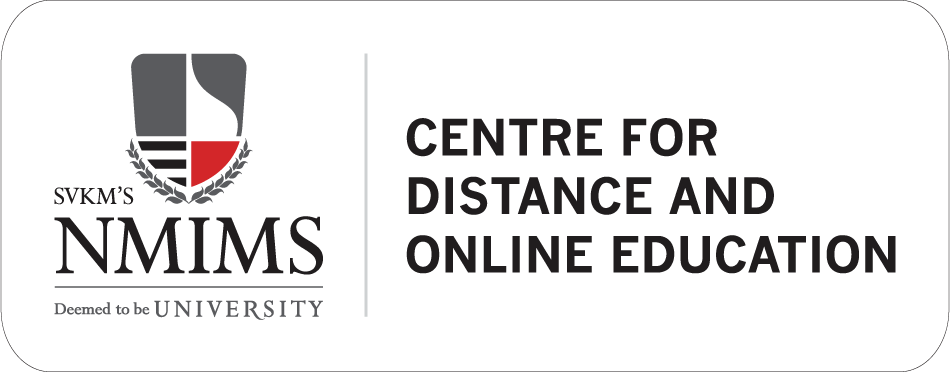All The Latest

Header
Lorem ipsum dolor sit amet, consectetur eiusmod tempor. Lorem ipsum dolor sit amet, consectetur eiusmod tempor.

Header
Lorem ipsum dolor sit amet, consectetur eiusmod tempor.

Header
Lorem ipsum dolor sit amet, consectetur eiusmod tempor.

Header
Lorem ipsum dolor sit amet, consectetur eiusmod tempor.

Header
Lorem ipsum dolor sit amet, consectetur eiusmod tempor.

Header
Lorem ipsum dolor sit amet, consectetur eiusmod tempor.

Header
Lorem ipsum dolor sit amet, consectetur eiusmod tempor.

Header
Lorem ipsum dolor sit amet, consectetur eiusmod tempor.



